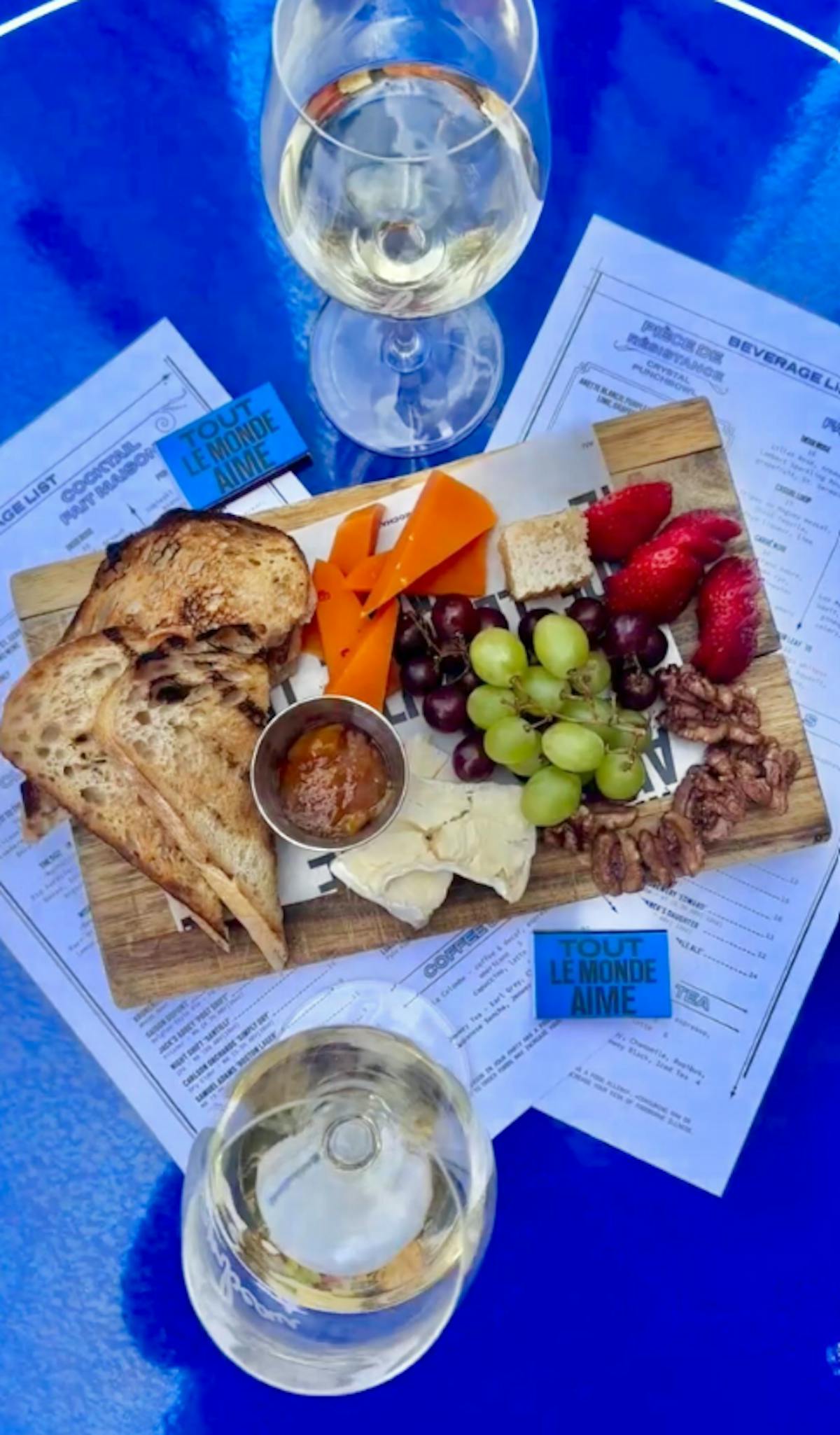Where Did Charcuterie Boards Originate?

Charcuterie boards, laden with cured meats, cheeses, fruits, and nuts, have become a staple at gatherings and social events. Their visual appeal and the array of flavors make them a favorite among food enthusiasts. But where did this culinary tradition originate? The history of charcuterie boards is as rich and varied as the boards themselves, tracing back to ancient times and evolving through centuries of culinary practices. Continue reading to learn more about where the charcuterie board originated.
The Origins of Charcuterie
The term "charcuterie" comes from the French words "chair" (flesh) and "cuit" (cooked), which together mean "cooked flesh." The concept of charcuterie dates back to ancient civilizations where meat preservation was essential for survival. The practice of curing meat with salt and spices was developed as a method to extend its shelf life before the advent of refrigeration. In medieval Europe, particularly in France, charcuterie became a specialized craft. The guild of charcutiers (pork butchers) was established in the 15th century to regulate the trade of cured meats. Charcutiers created a variety of preserved meats, including sausages, pâtés, terrines, and confits, utilizing every part of the animal to minimize waste.
French Influence and Evolution
France is often credited with the refinement and popularization of charcuterie, and what better place to pay homage to this cuisine than at Rochambeau? French charcutiers perfected the art of meat preservation, developing intricate recipes and techniques that have been passed down through generations. In the 18th and 19th centuries, charcuterie was a method of preservation and an art form, with charcutiers creating elaborate displays of their products. The French charcuterie tradition influenced many other cultures. In Italy, for instance, the concept of "salumi" developed, encompassing a wide range of cured meats such as prosciutto, salami, and mortadella. Each region of Italy has its own unique recipes and techniques, contributing to the diversity of cured meats available today.
The Modern Charcuterie Board
The modern charcuterie board, as we know it today, is a relatively recent phenomenon. In the late 20th and early 21st centuries, the trend of serving charcuterie on wooden boards or platters gained popularity in North America and beyond. This trend coincided with a growing interest in artisanal and gourmet foods and the rise of social media platforms like Instagram, where visually appealing food presentations thrive. A traditional charcuterie board includes a selection of cured meats such as prosciutto, salami, and chorizo, often accompanied by a variety of cheeses, bread, crackers, fruits, nuts, and condiments like mustard and honey. The combination of textures and flavors makes charcuterie boards a versatile and customizable option for entertaining guests.
Rochambeau’s Take on Charcuterie
Our charcuterie board offers a delightful array of French culinary items. The Pâté de Campagne provides a rustic, earthy flavor with its traditional country-style preparation. Duck Rillettes, rich and succulent, bring a luxurious texture and depth of taste. Jambon de Bayonne, a dry-cured ham from the Basque region, adds a delicate, savory sweetness. Complementing these meats are chef-selected cheeses, each chosen for their unique characteristics and flavors, creating a harmonious and sophisticated experience. This board perfectly blends textures and tastes, ideal for any gourmet occasion!
Contact Rochambeau to Try Our Charcuterie Board!
The charcuterie board, with its roots in ancient meat preservation techniques and French culinary tradition, has evolved into a modern-day culinary delight. Its journey from medieval France to contemporary gatherings is a testament to the enduring appeal of cured meats and the artistry of charcutiers. Rochambeau invites all to dine at our French Brasserie to enjoy our take on the charcuterie board. For more information about dining with us, give us a call at (617) 247-0400 or submit a contact form online.
